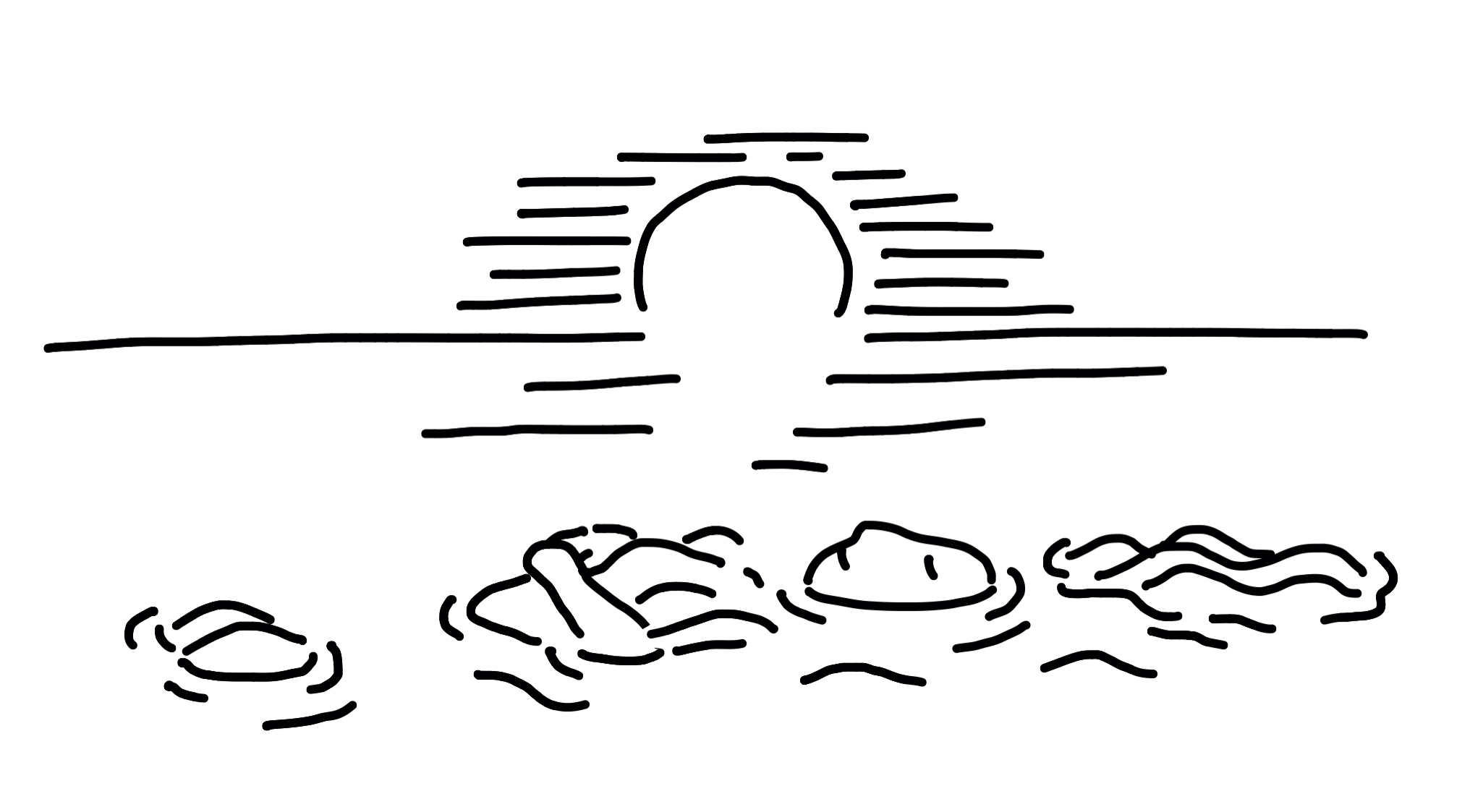Rip currents and the end of love stories do not discriminate
September 24, 2021
 Nora Sullivan Horner
Nora Sullivan HornerMost people in our community are very busy. Perhaps so busy that they wonder why they decided to become busy in the first place. ‘What Matters in the End?’ is a column that will highlight the stories of elderly people and hospice patients in Brunswick to glean what matters to them in the end. This week I interviewed two social workers from our local community to learn what it’s like to work with patients and families in end-of-life care.
I imagine that the end of life feels somewhat like being caught in a rip current, tossed far from shore, unable to do anything about it.
Last weekend, I found myself alone on a longboard that I didn’t know how to use, paddling against a rip current about a mile away from the shore. I yelled “HELP!” about five times before admitting to myself that no one could hear. I looked back, and all I saw were waves crashing forward, my anxiety rising with the unpredictability of the next wave’s height. I decided to use my biological fear of dying to give myself the adrenaline needed to swim against the current to safety. I had come to Popham Beach hoping to learn how to surf. Instead, I learned about the insignificance of human beings against natural forces. Alone in the ocean, I felt the fragility of human life.
If an individual is deemed to have six months or less to live or given a life-limiting diagnosis, they are eligible for hospice care through Medicare. I interviewed Abby P., a social worker who serves patients in end-of-life care here in Brunswick and other parts of Maine, to learn more about the local hospice system. We met in the parking lot of Wild Oats. Her iPad propped on the roof of her car, she scrolled as she said, “I start my mornings checking my email to see who has passed since yesterday.” Abby has worked with CHANS Hospice for about two years now. As a social worker, Abby meets with patients and their families to help them come to terms with death. She notes that some people are “peaceful within themselves. [There’s] no need to reckon the mind and body. They’re together.” All of Abby’s patients need different things. Some patients need mindfulness or medication to ease their anxiety and other families need help arranging funerals following a loved one’s death.
Andy Sokoloff ’85, the bereavement coordinator at the local CHANS Hospice, believes that a lot of problems in the world center around the human fear of death. In an interview on the quad, Andy told me that there are two things that people need at the end of life: “1. They need to know that they matter; 2. They need permission to go from their family.” He works specifically with families, helping them reconcile the loss of loved ones. Andy notes that most people will eventually be okay following the passing of someone important to them, but approximately ten to 15 percent have complicated grief arising from a traumatic past or mental health issues that make it more difficult to process death.
Above all, Andy loves stories: hearing them, telling them and creating them. During his time at Bowdoin, Andy recollects running around campus organizing every aspect of the theater scene. Later, he would go on to work at Mad House Theater, a playhouse in Portland, for many years before retiring to Brunswick. Every death is the end of a love story, Andy notes.
A challenge in elder care right now is the lack of staff and resources necessary to provide enough 24-hour care. Abby brought to light that there is about a two-year waitlist for long-term care facilities in the state. Even individuals with financial resources are not guaranteed 24-hour care due to the lack of staff. This poses a major problem, especially for people who don’t have a family to take care of them. Maine has the highest proportion of residents over the age of 65, and providing care is not a new problem, she explained.
Despite the challenges, Abby and Andy said that their favorite aspect of their jobs is serving all people regardless of socioeconomic class, and at no cost to their clients. “Death doesn’t discriminate, and neither does my service,” Abby said, sharing that she travels to oceanside mansions and nursing homes alike for her patients. Andy added that talking to families after death is not depressing: “In my experience, I found it incredibly life-affirming … if I talk to them more than once, I usually hear them starting to feel better.”
Comments
Before submitting a comment, please review our comment policy. Some key points from the policy:
- No hate speech, profanity, disrespectful or threatening comments.
- No personal attacks on reporters.
- Comments must be under 200 words.
- You are strongly encouraged to use a real name or identifier ("Class of '92").
- Any comments made with an email address that does not belong to you will get removed.

Wow I’m really looking forward to this column. That line about the 2 things that matter to people at the end of life really stuck with me.